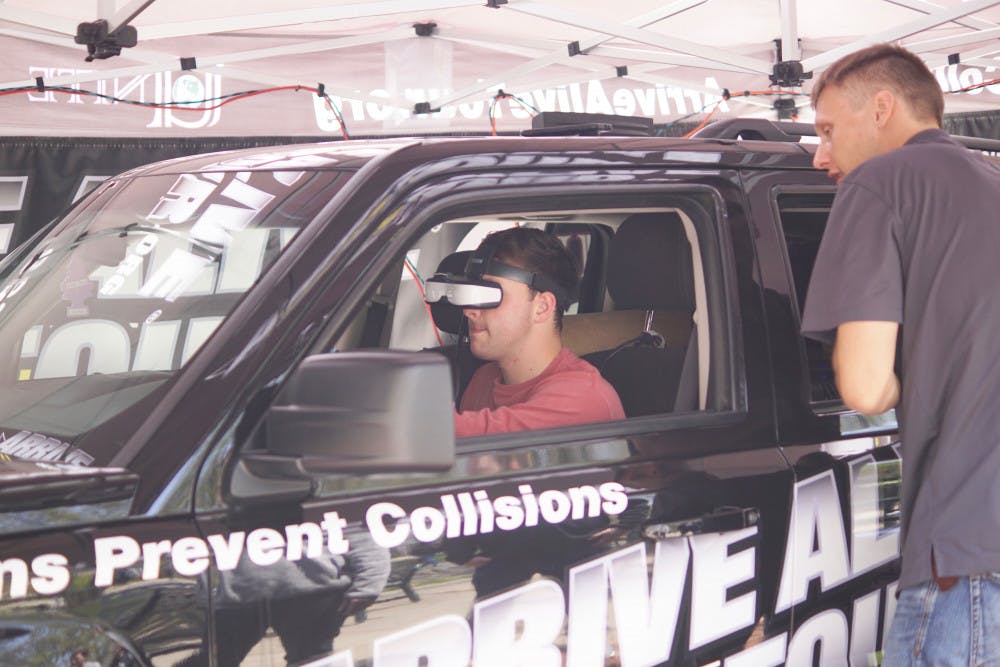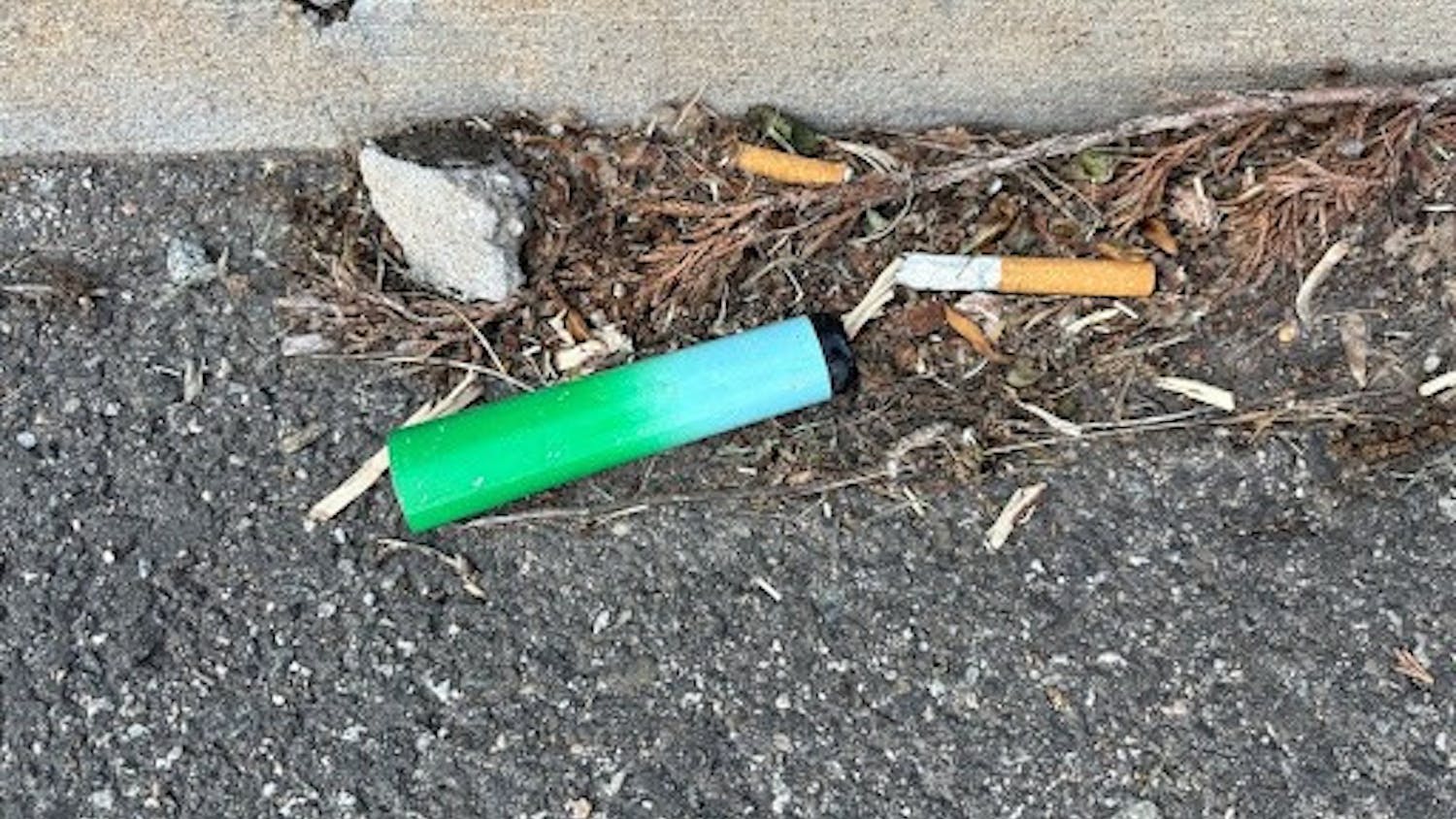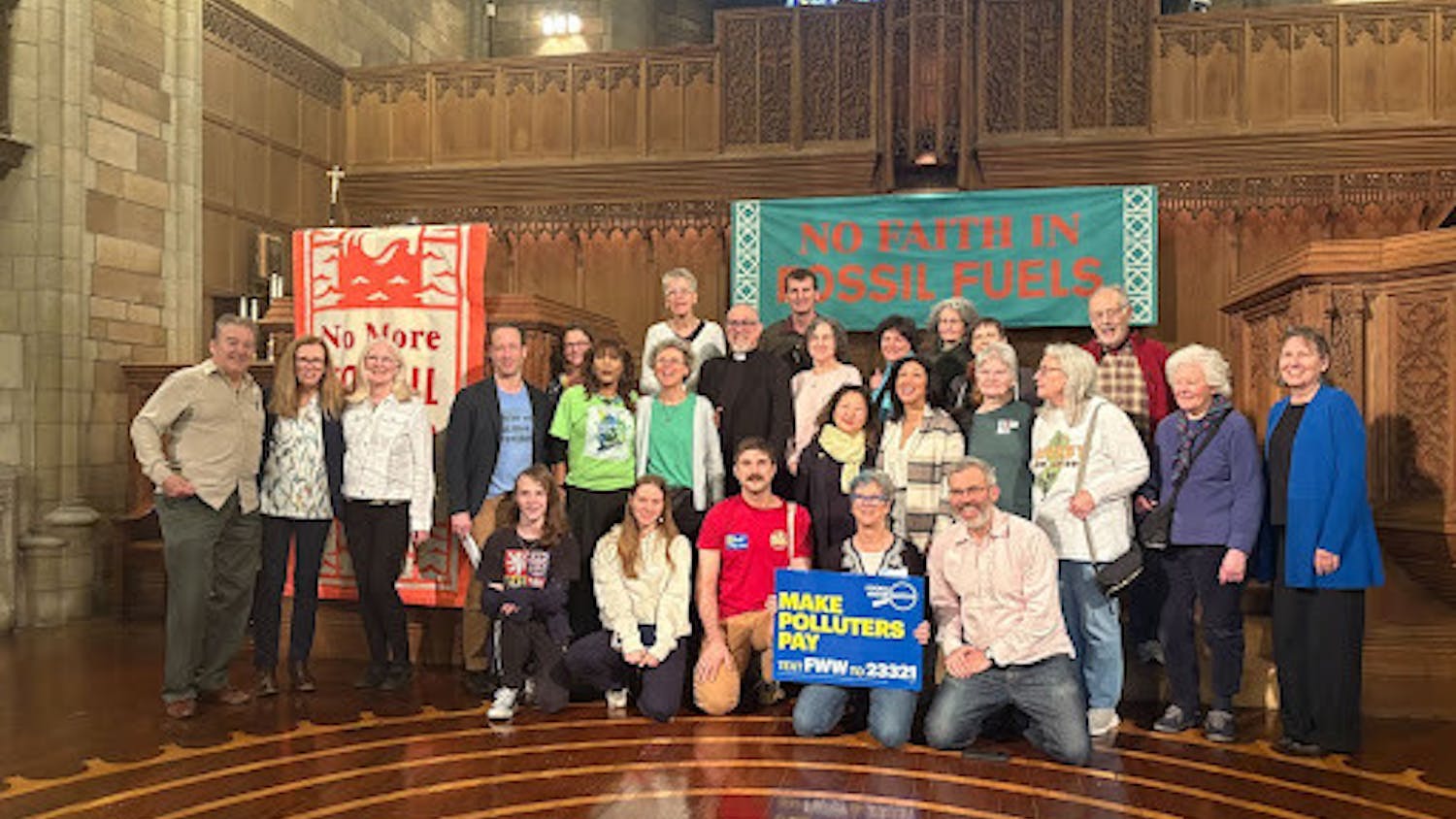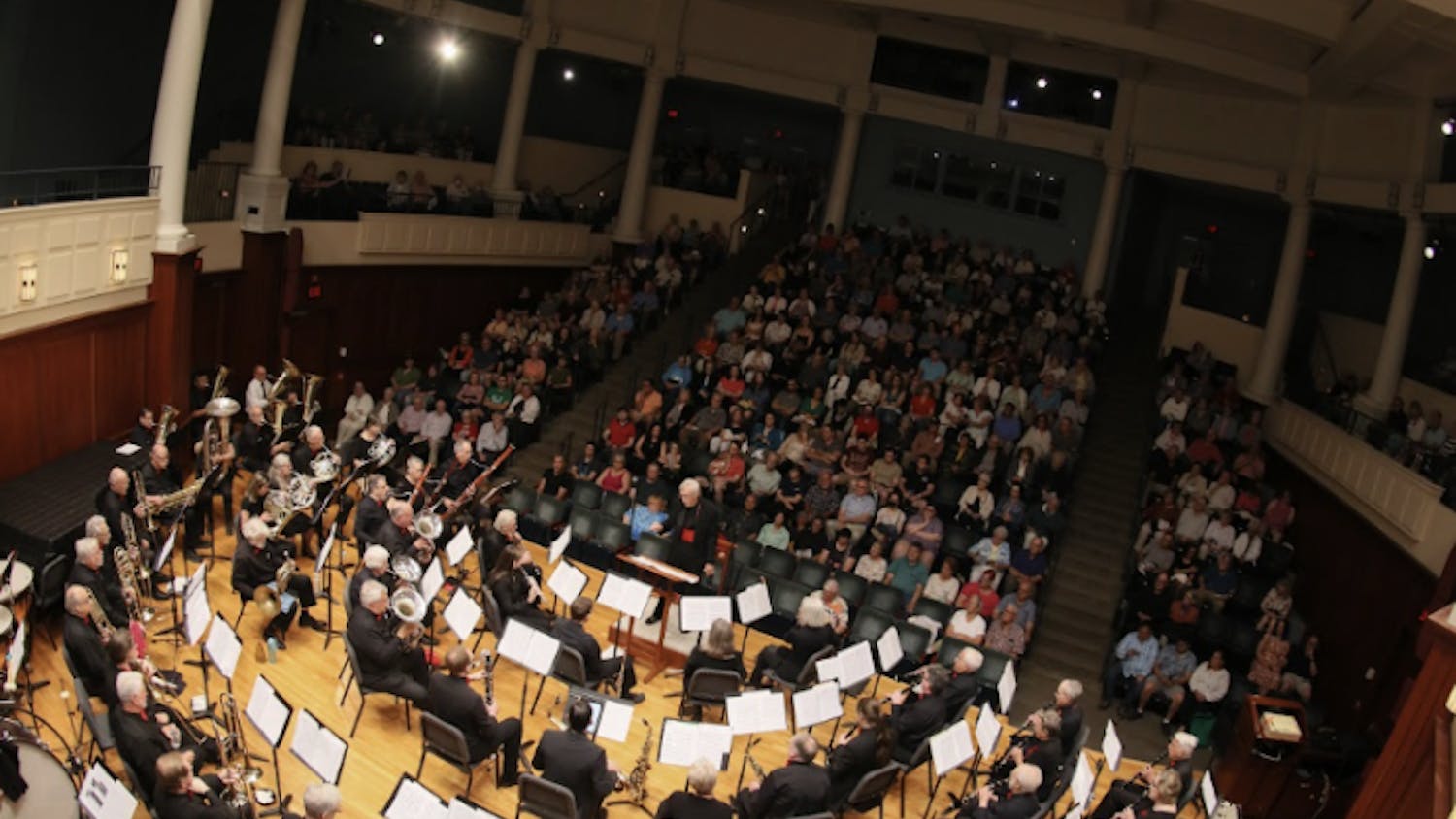By Julia Marnin
Former Production Manager
Whether they were Mario Kart fanatics or Grand Theft Auto experts, nothing could prepare the students at the College for The Arrive Alive Tour’s car simulator.

On Thursday, April 18 from 10 a.m. to 4 p.m., students stopped by Alumni Grove during their usual commute to class to test out a car simulator, which allowed them to experience the dangers of driving under the influence or while texting.
The simulator was the main attraction of The Arrive Alive Tour, which was an event hosted by the Alcohol and Drug Education Program and the NJ Division of Traffic Safety and co-sponsored by Delta Zeta sorority. The event also raised awareness of distracted driving as part of Distracted Driving Awareness Month.
Although this is the fifth time the nationwide Arrive Alive Tour has visited the College, ADEP Director Joe Hadge believes last semester’s car crash near campus has made this issue much more personal for students.
“The importance of drinking alcohol and not driving really hits home,” Hadge said.
According to Heidi Martinez, Arrive Alive’s safe driving awareness instructor, drunk driving is the leading cause of car accidents for 18 to 22-year-olds.
“It kills 10,000 people every year,” she said.
Arrive Alive’s distracted driving simulator used a real car for students to sit inside, put on goggles that impaired their vision and choose between a simulation of driving drunk, high on marijuana or while texting. Drivers could then control the simulated car with the wheel, gas pedal and brakes while watching the screen to see where they were going.
“The simulation is as accurate as we can make it and it's a real car that we travel in,” Martinez said.
According to Martinez, the simulator is effective in raising awareness because it is a safe environment for students to experience dangerous behavior.
“It’s got the same delay in reaction time and gives you tunnel vision as well,” Martinez said.
After the simulator, students were handed a ticket with their “blood alcohol concentration” and a list of the different possible infractions, which included speeding, swerving and collision.
The event gave students learned a lot from the opportunity to participate in a variety of drunk-driving simulations.
“I did the drunk driving simulator and I crashed and hit a pole” said Frank Dinozzi, a junior elementary education and history dual major. “It was hard. I went too slow and almost hit a person as well.”
Dinozzi said that while the event was entertaining, and while it was fun to see who was most successful in the simulator, the event also did an impactful job of drawing students’ attention to the dangers of drunk driving.
Throughout the event, the sisters of Delta Zeta took turns working a table to get the signatures of students who pledged they would not drive under the influence or distracted. Students also signed the petition to ensure that they would not get into a car with an unfit driver.
“Because one of sisters was in the accident that happened back in December, we thought it was super important for us to be involved,” said Katerina Lallos, a senior psychology major. “We want to help make sure that what happened to them doesn’t happen to anyone else on this campus or anywhere.”
The Arrive Alive Tour also raises awareness about the dangers of texting while driving.
“People obviously have the stigma against driving drunk especially after what happened last semester,” said senior speech pathology major Sam Theriot. “It's good to inform people that texting and driving is just as dangerous.”
Someone driving with a phone in their hand is six times as likely to get into an accident than someone who is drinking and driving, according to Martinez.
“Everyone that got in these accidents thought that they were good at (texting and driving),” Martinez said. “The near misses aren't always near misses and it can lead to a fatality or car accident.”
Martinez highlighted that texting and driving has been a major problem in New Jersey, with police cracking down on the problem by handing out an increasing number of tickets.
The Arrive Alive event also taught students about the dangers of driving while high, which can be trivialized or overlooked.
“I’m very concerned about marijuana in connection to driving,” Hadge said. “We are trying to tell the politicians that.”
Although recreational marijuana use is legal in states like California and Colorado, driving and using that practice remains illegal in New Jersey.
“If you smoke marijuana, it takes an extra second for your brain to tell yourself to react,” Martinez said. “Someone can pull out in the road in front of you like they do everyday and you’re not going to be able to respond in time.”
The event reminded students of the need to practice responsible driving to ensure public safety and keep themselves and others out of harm’s way.
“It’s not only unfair to yourself, but it's unfair to everyone else on the road,” said Kyle Bailey, a junior criminology major.







